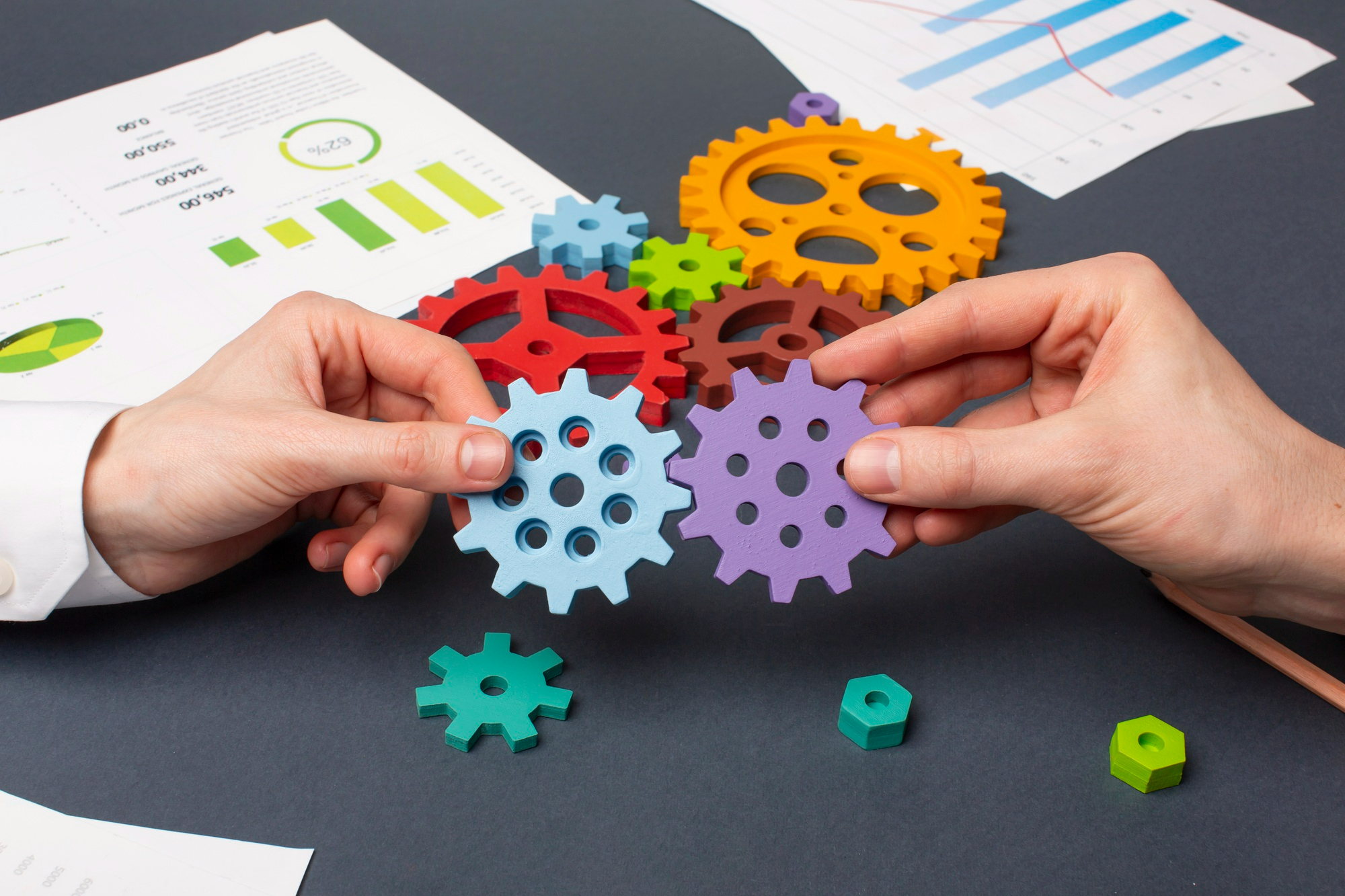
If you think there’s no real difference between reproducibility vs. replicability, then you’re not alone. Many researchers use these terms interchangeably, unaware that reproducibility in research and replicability in research have distinct meanings and different implications. Both these concepts are critical in ensuring research is credible, verifiable, and valid, making it important for researchers to know and understand the differences. To simplify this task for you, we explain the meaning of the two terms, emphasize their importance, and highlight the difference between reproducibility vs. replicability in this article. Read on!
What is reproducibility in research?
Reproducibility in research serves as the cornerstone of scientific inquiry. It entails the ability of different researchers to achieve consistent results when using the same data, methods, or analytical procedures explained in research papers. Reproducibility in research also allows scholars to independently validate and verify research outcomes, which points to the accuracy, reliability, and integrity of research findings. Moreover, transparent reporting of research methods and data allows other researchers to build on previously published studies, detect potential errors, biases, or limitations, and contribute to the growth of their field.
What is replicability in research?
On the other hand, replicability in research refers to the ability to repeat the experiments and obtain similar results, but while using different methods, data, or analytical procedures. Apart from proving consistency, replicability in research strengthens the confidence in the cause-and-effect relationships, allowing researchers to fine-tune and improve the precision and accuracy of future experiments, methods, and protocols. In fact, replicability in research is often favored by internal teams looking to repeat and test their experiments to ensure the reliability and consistency of their own findings, weeding out potential sources of variation or error.
Significance of reproducibility and replicability in research
One cannot overstate the importance of reproducibility and replicability in research. Demonstrating that the research results are accurate and reliable increases confidence in the findings being a valuable foundation for future studies. However, if researchers cannot reproduce or replicate a study’s findings, it erodes the credibility of the research itself reducing its impact as a viable source of information to support potential research in the future.
Reproducibility and replicability are especially important in fields where research can influence policy decisions, such as healthcare, education, and environmental science. In these research fields, it is critical to have reliable, valid research findings so that policymakers can make informed decisions that have a positive impact on people’s lives. Reproducibility and replicability also help to build scientific consensus. To put it simply, when multiple researchers are able to reproduce and replicate the results using the same and/or different methods and data, it strengthens a particular research hypothesis or theory. This shared confidence has a critical impact on public policy and can guide future research.
Reproducibility vs replicability: Key differences
Despite how similar they may seem, there are some distinct differences between reproducibility and replication, which have different implications in research.
| Differentiator | Reproducibility in research | Replicability in research |
| Concerned with | Obtaining consistent results across different researchers | Obtaining consistent results within the same research team |
| Validation | Validates and verifies the robustness and reliability of research outcomes | Tests and confirms the internal consistency of research results |
| Generalizability | Assesses the generalizability of research findings across various settings | Assesses the stability of results within a specific context |
Both reproducibility and replicability are essential for generating impactful results. By understanding the distinctions between these two concepts, researchers can prioritize transparency, rigor, and quality in their work, contributing to the advancement of scientific knowledge and fostering trust within and beyond the research community.
Challenges to reproducibility and replicability in research
Unfortunately, reproducibility and replicability are not always easy to achieve in research, and one must be aware of several factors that can impact reproducibility or replicability in a study. Inadequate or inaccurate documentation of methods and procedures can make it difficult for researchers to replicate experiment or analysis. On the other hand, variable or inconsistent data can impact research results, for example in studies that involve humans, making it effective reproduction unlikely. Then there are differences in experimental design and analytical methods, such as too small sample sizes, non-standardized methods, or inadequately documented software, all of which can influence the reproducibility or replicability of the results. Other challenges to reproducibility and replicability of research include personal and financial biases that skew research results, human error in entering data or interpreting results, and manipulation of data to achieve desired results.
Clearly, reproducibility and replicability in research are essential for driving overall impact, advancing scientific knowledge, and informing public policy. By understanding the differences between these concepts and prioritizing transparency, rigor, and quality, researchers can deliver groundbreaking results, contribute to existing knowledge, impact policy decisions, build credibility, and foster trust in research.
R Discovery is a literature search and research reading platform that accelerates your research discovery journey by keeping you updated on the latest, most relevant scholarly content. With 250M+ research articles sourced from trusted aggregators like CrossRef, Unpaywall, PubMed, PubMed Central, Open Alex and top publishing houses like Springer Nature, JAMA, IOP, Taylor & Francis, NEJM, BMJ, Karger, SAGE, Emerald Publishing and more, R Discovery puts a world of research at your fingertips.
Try R Discovery Prime FREE for 1 week or upgrade at just US$72 a year to access premium features that let you listen to research on the go, read in your language, collaborate with peers, auto sync with reference managers, and much more. Choose a simpler, smarter way to find and read research – Download the app and start your free 7-day trial today!


